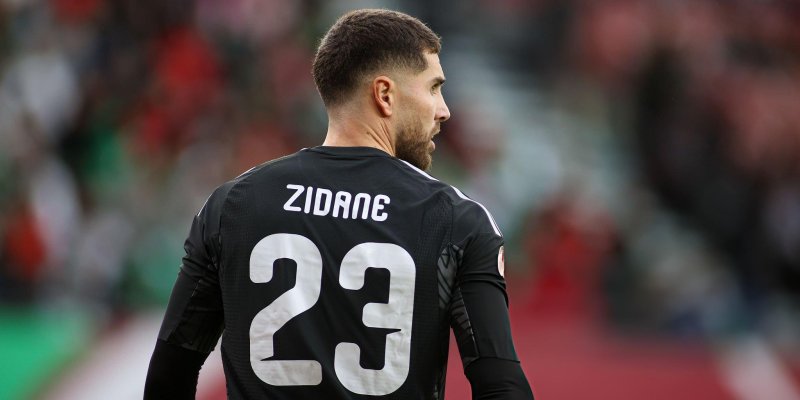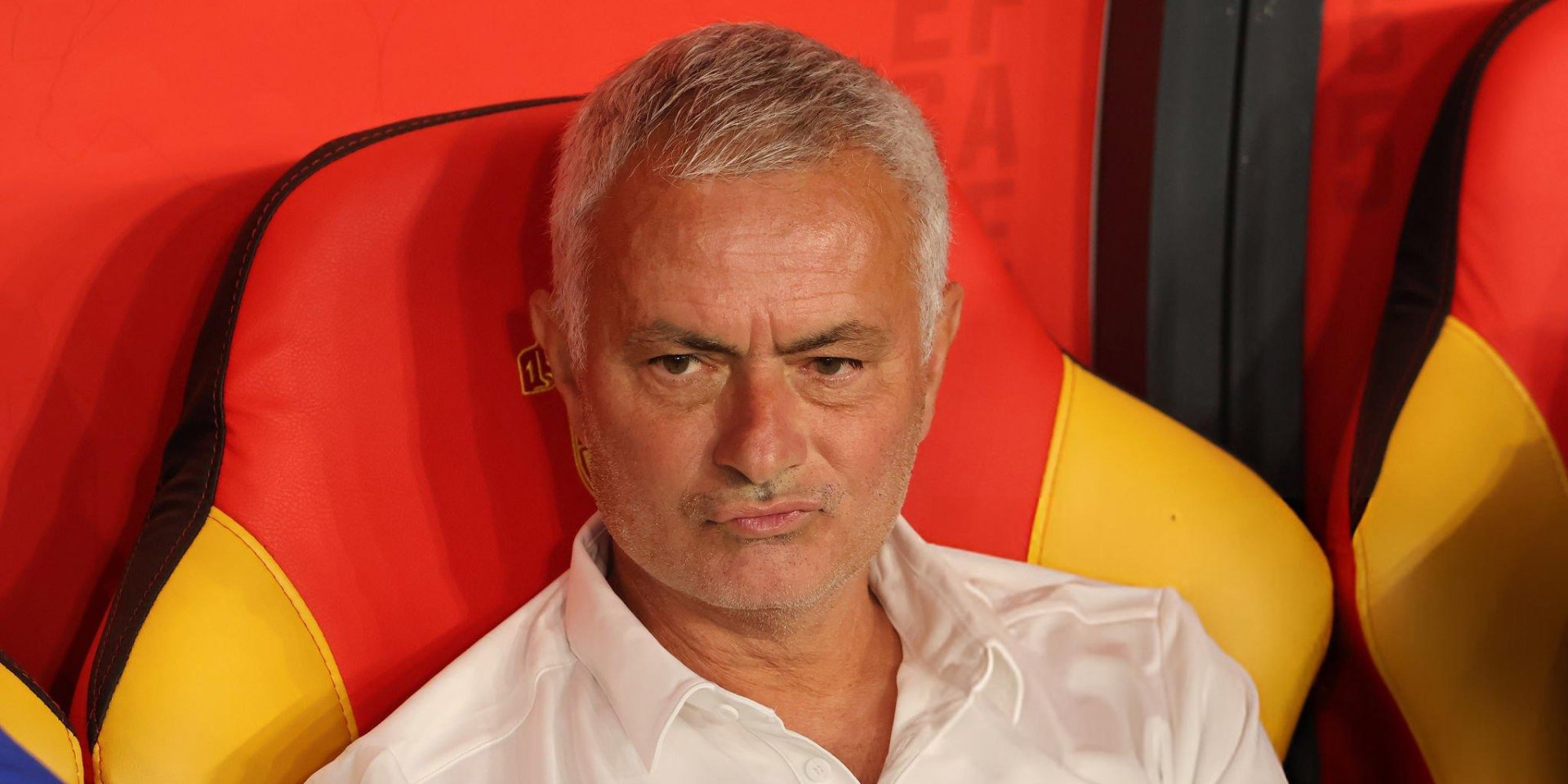
Fenerbahçe’s Portuguese head coach José Mourinho spoke sharply about the club’s work on the eve of the UEFA Champions League qualifying second leg against Benfica. In his view, if reaching the group stage were truly a top priority, the leadership would have found ways to make targeted reinforcements between the ties with Feyenoord and the Lisbon side. The first game against Benfica ended in a goalless draw, and now the value of every detail — from bench depth to the freshness of key performers — is particularly high.
A Signal to the Board Before a Decisive Night in the Champions League
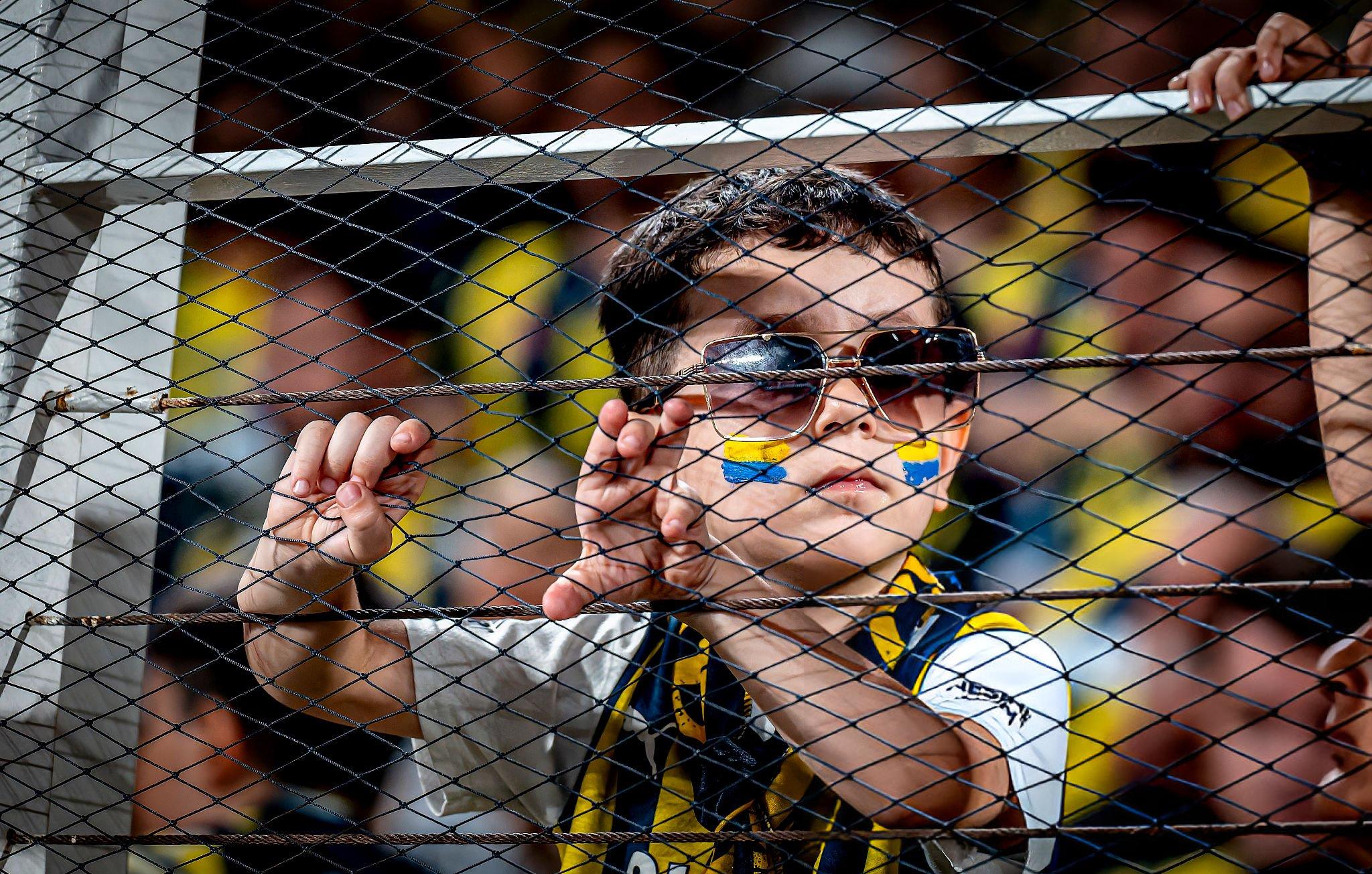
Mourinho emphasized that Fenerbahçe approach the second meeting with the same group of players as in the previous round. For the experienced manager, this is a worrying sign: the high tempo and congested qualifying schedule demand internal competition for places and options for rotation; without new alternatives, the coaching staff must squeeze the maximum out of the players already in use.
Between Feyenoord and Benfica: A Missed Window of Opportunity
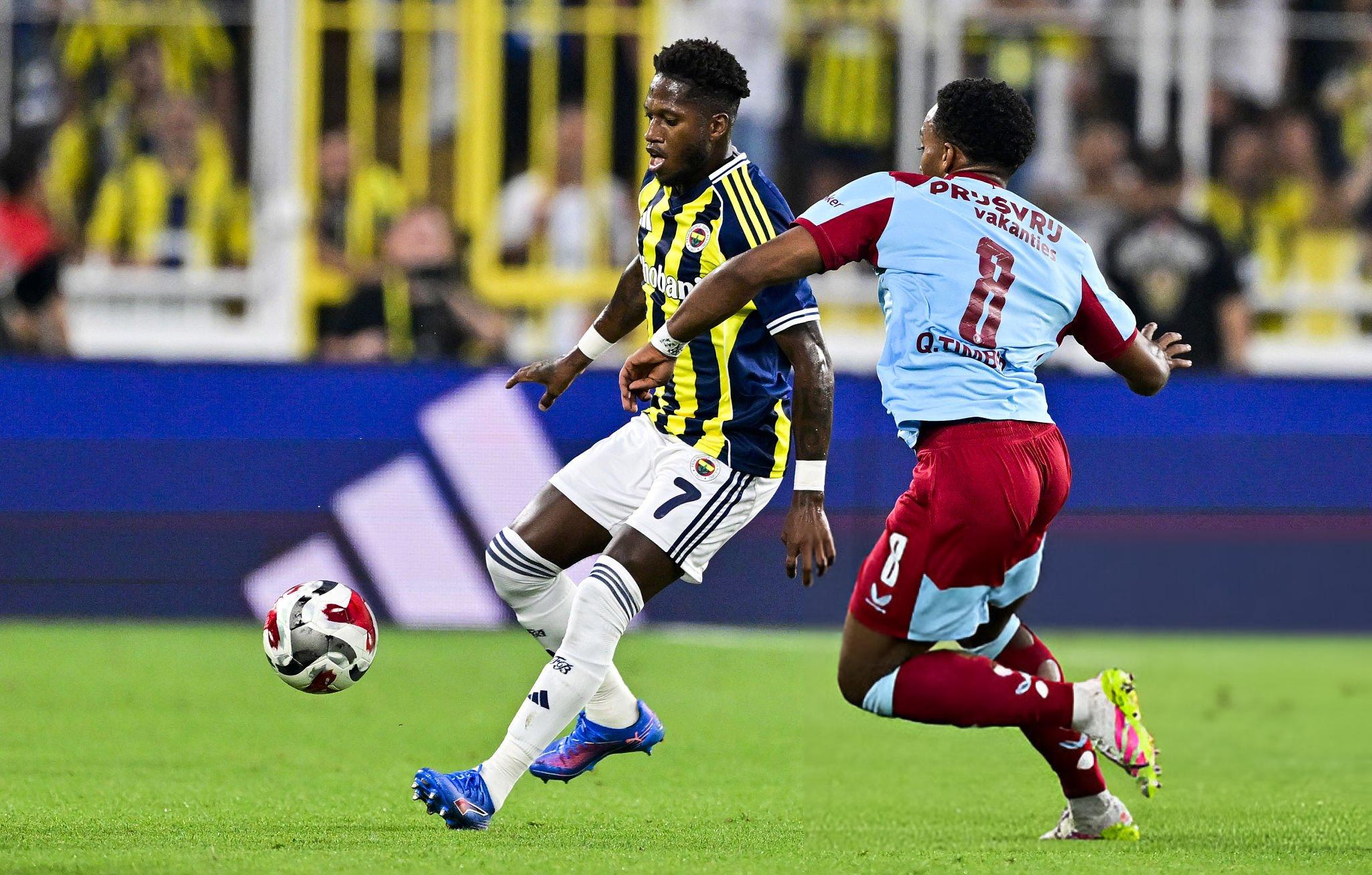
The coach drew attention specifically to the period between rounds — a time when clubs traditionally address “bottlenecks” in the squad. According to Mourinho, the club did not make additional efforts in the transfer market, even though such moves often become micro-factors that tip the balance in finely poised contests.
Same Personnel — A New Level of Demands
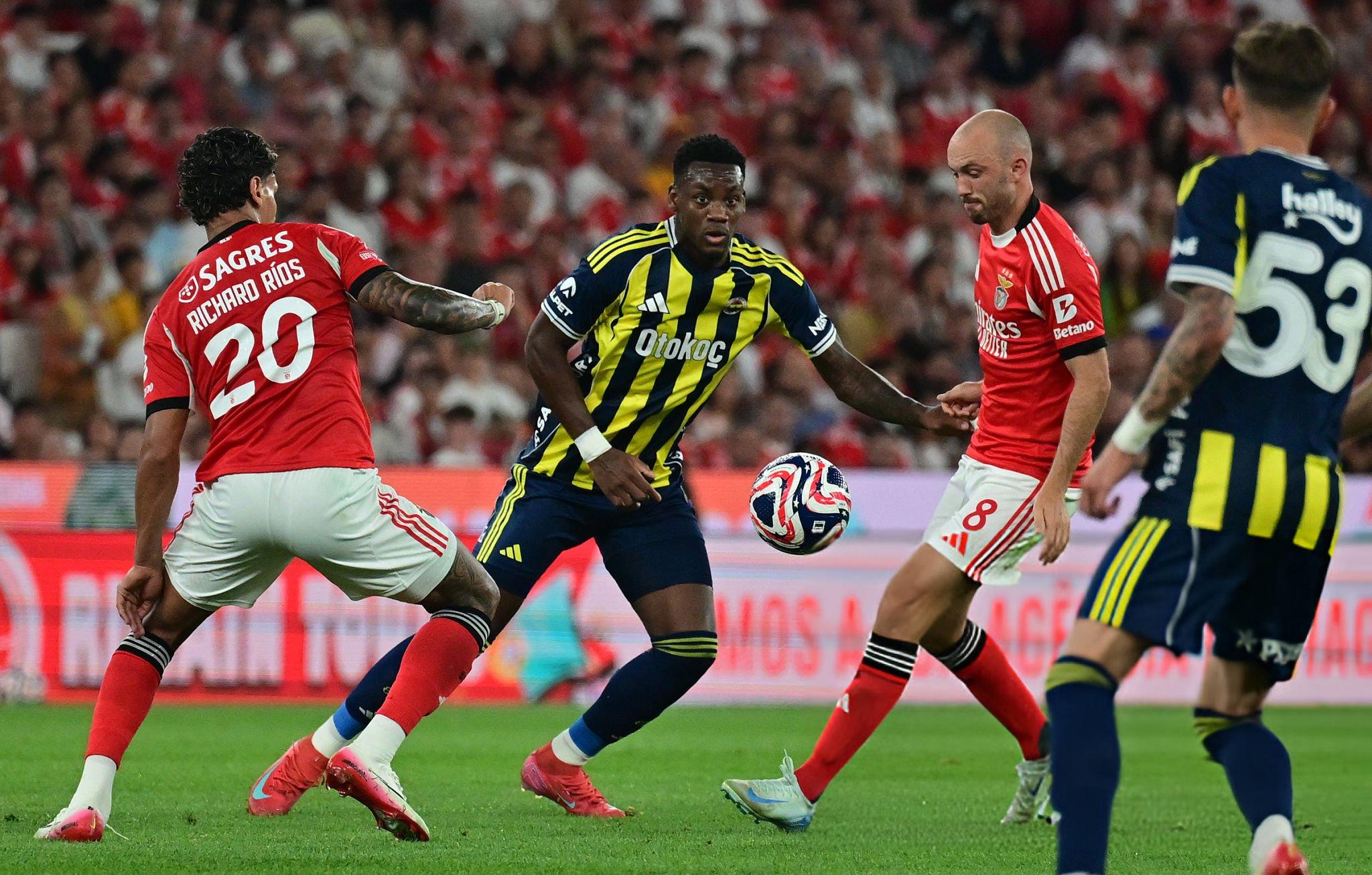
Given the 0–0 draw in the first match, Fenerbahçe must raise their output in the final third and improve press resistance. But without fresh resources, the burden on the leaders increases and the risk of tactical predictability grows. For an opponent of Benfica’s caliber, this amounts to an invitation to adopt a more aggressive plan for the return leg.
The Tie in Context: Details Decide Everything
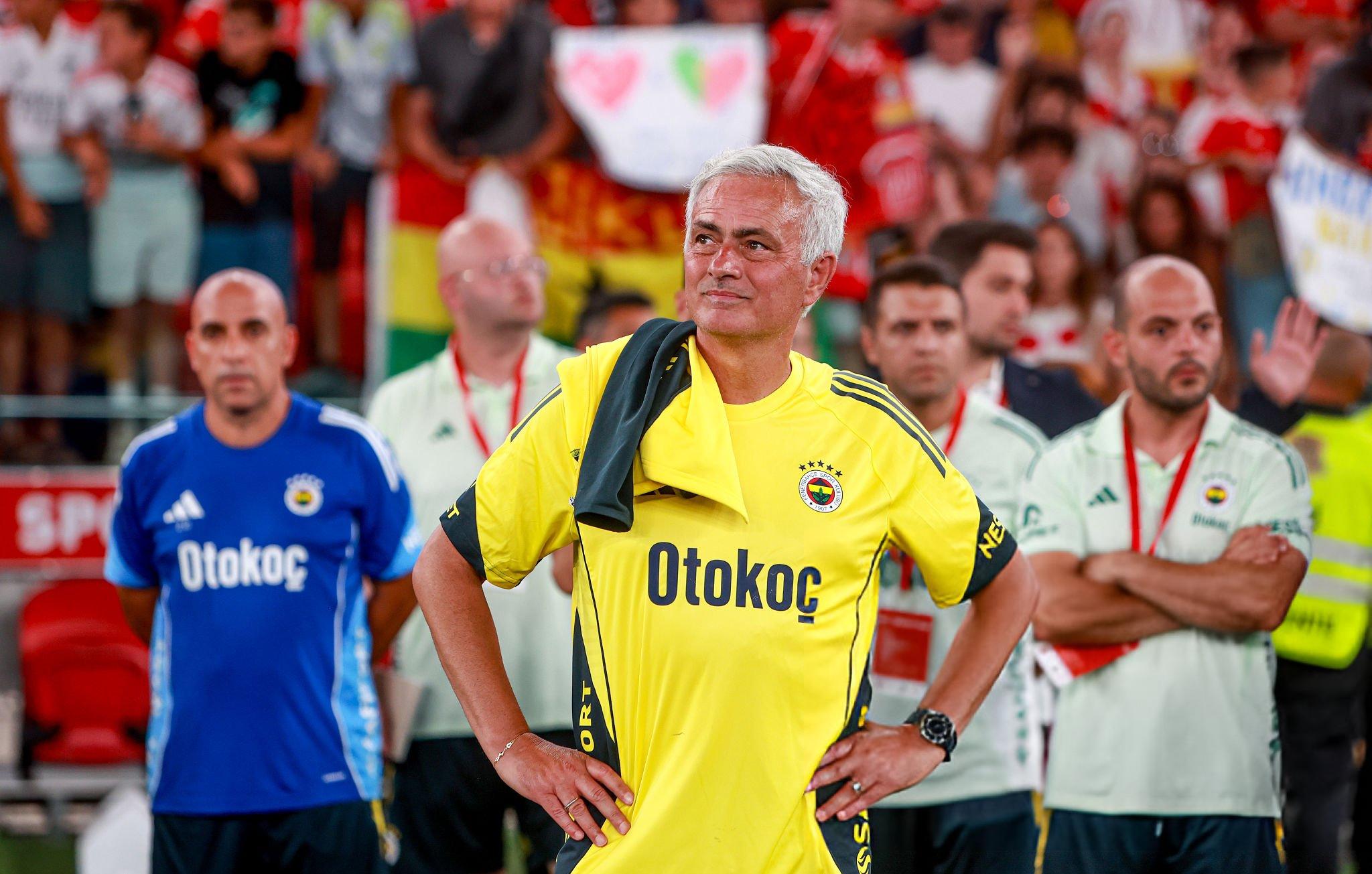
In a Sport TV broadcast, Mourinho effectively set a public bar for expectations: the club must show ambition not only on the pitch but also in its executive decisions. Ahead of the decisive Champions League qualifying clash, any small detail — from the quality of the bench to timely targeted reinforcements — can prove critical. And it is precisely the absence of such steps that the coach has laid at the board’s door.

